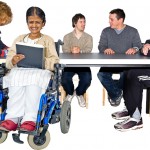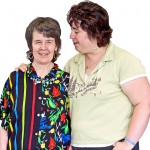
The authors of this qualitative study were interested in looking at the experiences of growing up with a brother or sister with an autism spectrum disorder from the perspective of their siblings. What they did was carry out a number of semi-structured interviews with 12 typically developing adolescents who had a brother with an autism [read the full story…]








